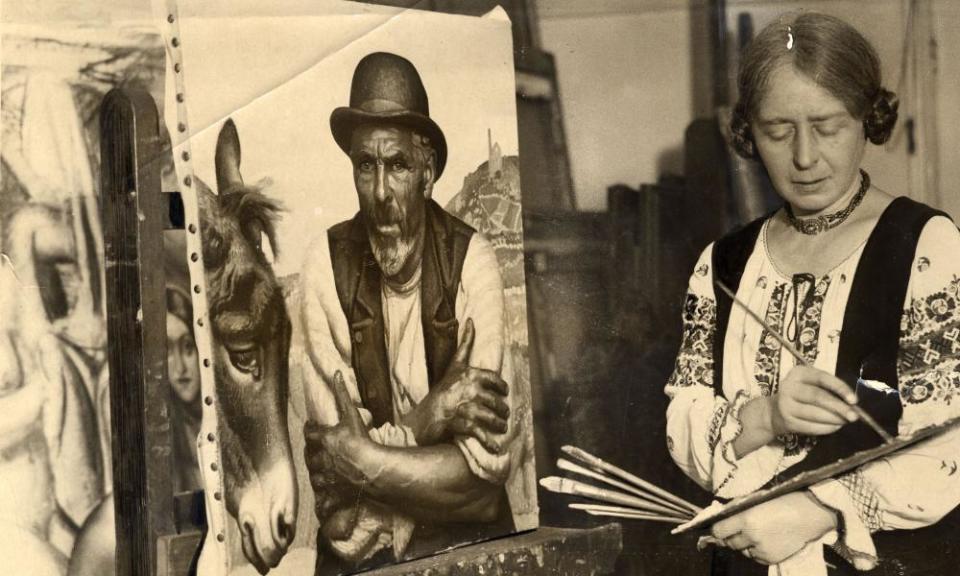Remembering the first women of the Royal Academy

Lara Feigel isn’t quite accurate in saying that Dame Laura Knight was the first female Royal Academician (The life less ordinary of artist Laura Knight, 14 October). In 1767, when England was a more European country than it has sadly become since, that honour went to two female painters, the founder members Angelica Kauffman and Mary Moser, both Swiss by birth but enthusiastically adopted by the British establishment.
Sir Joshua Reynolds, the first president of the Royal Academy of Arts, would later describe foreign artists as contributing to the “manure” that was needed to speed up the nation’s artistic growth, provided they were “of fair moral character”. Zoffany’s famous picture of the Royal Academicians shows the men gathered around a nude life model while the two women are present only as portraits hanging on the wall, so giving graphic form to the ambivalence many felt about this advanced philosophy, though the uncharacteristically harsh expression he gives Kauffman may signal their joint indignation at her exclusion.
By the end of the 18th century, in any case, the Royal Academy effectively closed itself to foreign talent, tacitly determined to constitute itself as an exclusively “English” body, give or take a few foreign stars. Plus ça change…
Angelica Goodden
Emeritus professor of French, University of Oxford

 Yahoo Finance
Yahoo Finance 